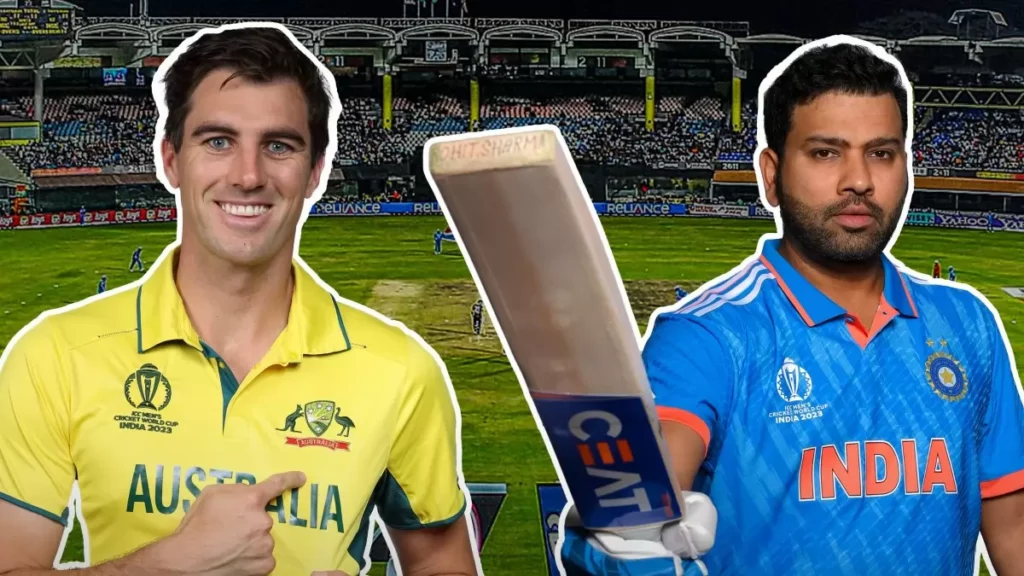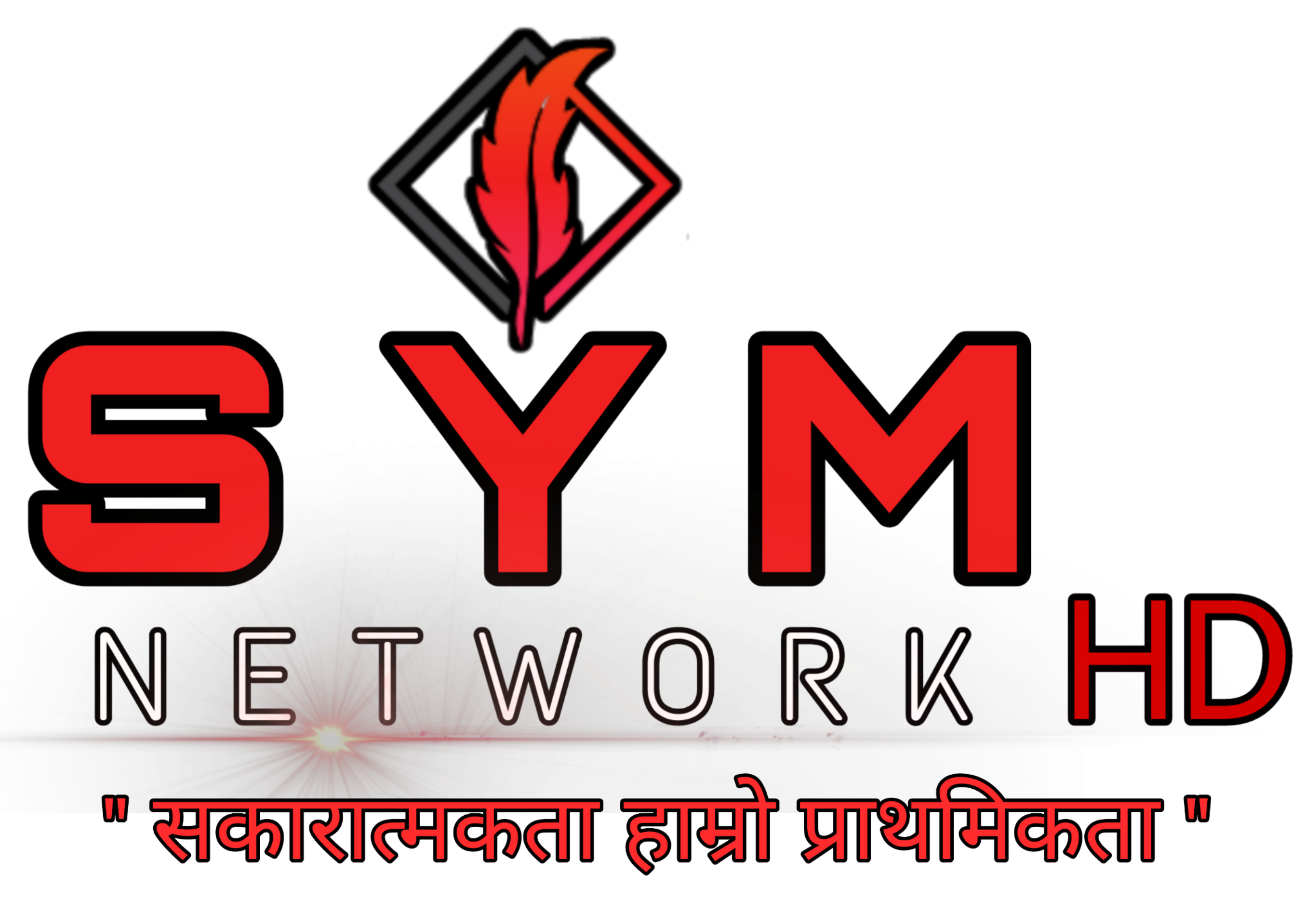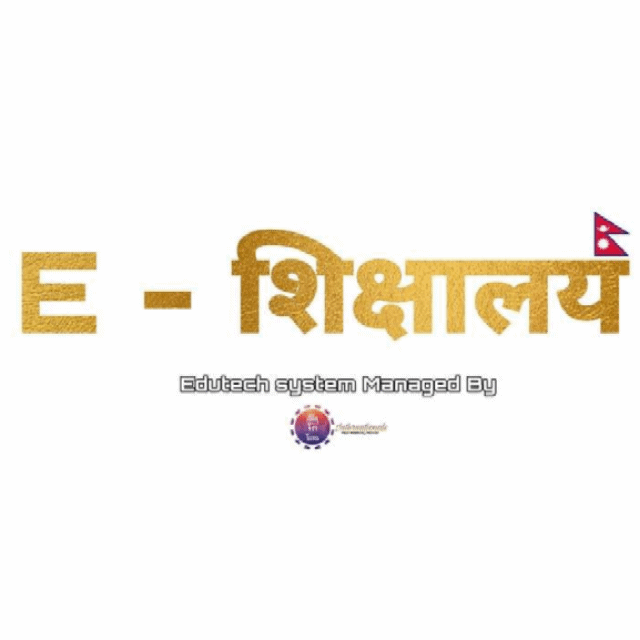


The One Day International (ODI) Cricket World Cup final in 2003 was contested between India and Australia. On March 23, the match took place in Johannesburg, South Africa, where India won the toss and chose to field. After fielding, Australia set a massive target of 359 runs, losing only two wickets.
For Australia, captain Ricky Ponting played an outstanding inning, scoring 140 runs.
India, in pursuit of the 360-run target, faced defeat with a margin of 125 runs as they were bowled out for 234 runs in 39.2 overs.
Advertisement
Australia’s victory in the 2003 final marked their fifth World Cup win, having previously won in 1987, 1999, 2003, and 2007. In contrast, India secured their World Cup victory in the 2011 final, defeating Sri Lanka on home ground.
After 2003, India and Australia faced each other for the first time in a World Cup final. The upcoming One Day International World Cup in 2023 will witness a clash between Team India and Australia in Ahmedabad on Sunday.

Australia, having reached the World Cup final for the eighth time, has won the trophy five times. On the other hand, India will be playing their fourth World Cup final, having won twice before and finishing as runners-up in 2003.
In ODIs against Australia, India’s record is not particularly strong. Out of the 150 ODIs played between the two teams, Australia has won 83 matches, leading India by 57 victories.
In World Cup encounters, both teams have played 13 matches against each other, with Australia leading 8-5.
There is intense competition between the two teams on Indian soil. In 71 ODIs played in India, both teams have won an equal number of 33 matches. This year, out of the seven matches played between the two, India has won four.
India remains undefeated in the ongoing World Cup, winning all group stage matches and the semifinal against South Africa. In contrast, Australia suffered defeats against India and South Africa in the group stage but emerged victorious against South Africa in the semifinal.
From India’s opening to the middle order and all-rounders, the team is in top form. Virat Kohli has scored 711 runs, leading the list of top run-scorers in the World Cup. Rohit Sharma (550 runs) and Shreyas Iyer (526 runs) have also been consistent contributors.
For Australia, David Warner is the highest run-scorer with 528 runs, accompanied by Glenn Maxwell and Mitchell Marsh, both scoring two centuries each.
In the bowling department, India’s Mohammad Shami has taken 23 wickets in 6 matches, surpassing Australia’s spinner Adam Zampa, who has 22 wickets in his kitty. India’s Jasprit Bumrah (18), Ravindra Jadeja (16), Kuldeep Yadav (15 wickets), and Mohammed Siraj (13 wickets) have also contributed significantly. Australia’s Josh Hazlewood (14 wickets) and Mitchell Starc (13 wickets) are not far behind.
The final promises to be a fiercely competitive encounter, with both teams eyeing the coveted trophy. India, under the captaincy of Mahendra Singh Dhoni, last won the World Cup twelve years ago, defeating Sri Lanka in the final in 2011.
India’s first-ever World Cup victory came in 1983 under the captaincy of Kapil Dev. However, beating Australia in the final won’t be an easy task, as they aim to become champions for the sixth time. Australia last won the World Cup in 2015 and achieved a hat-trick of championships in 1999, 2003, and 2007.





